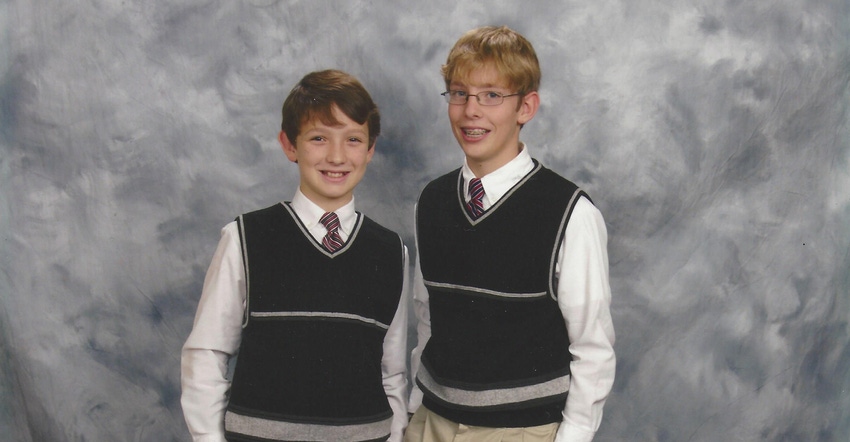October 18, 2018

Dear editor:
I’m writing to respond to Tom Bechman’s 4-H story about 4-H trends in Indiana in the October 2018 issue of Indiana Prairie Farmer. I grew up in Indiana 4-H along with three older siblings. We were all 10-year members and benefited greatly from our 4-H experiences. One was a state 4-H achievement winner, another’s photography was chosen for the state fair, and my sister was a state fair finalist with the ski suit she made.
Now, I’m grateful to live in Ohio where my kids grew up in 4-H. Things are done differently here. In addition to completing project books, 4-H’ers are interviewed one-on-one by a judge — for every project! A great many wonderful volunteers make it possible. I recommend that Indiana 4-H does the same.
Each January, our two sons chose their 4-H projects for the year. By April 1, the final date for choosing, the boys were half-finished with all the project book assignments, including all the optional assignments. As project judging approached in the summer, they made a poster for each project. That poster became their presentation talking points. So, when a judge met with them, their oral presentation was simply following the talking points on the poster.
The week before judging, they practiced their presentations and answering questions a dozen times with parents, grandparents and others. When they met with the judge, they were prepared to tell what they learned, and effectively answer questions about their projects.
Those specific skills carried into interviews for college entrance. Nathanial was accepted at Bowling Green State University because of his interviews, not because of his test scores. Last spring, he received four internship job offers because of his confident and effective interview skills — and a strong grade point average.
Last summer, Eric’s internship supervisor told him he didn’t have the highest grades among the applicants. However, his grade point average was 3.5 in the tough Ohio State University mechanical engineering program. The internship supervisor said he chose Eric because he had the best interviewing skills.
4-H in Ohio provided our sons with excellent opportunities to develop leadership skills, explore new subjects, and become confident communicators. They gave back as volunteers, and received many, many awards. Both our sons won state 4-H achievement awards.
Mom was, and I just became, a college academic advisor. Ohio colleges want 4-H kids. They’re self-starters, competent, and confident. They’re just the kind of successful student colleges want and our society at large needs.
Both boys have said many times, “Thanks for helping us do 4-H.” Learning how to speak confidently about what they learned has helped them be successful in college classes and summer internships and I know their success will continue because of the leadership, confidence and effective communication skills they developed through 4-H. The one-on-one interview with a judge about each project made all the difference!
— Anne Glaze is the daughter of Howard and Barbara Doster, former Purdue University professors. Glaze participated in 4-H as a youngster in Tippecanoe County, Ind.
Editor’s note: Some counties in Indiana hold open judging for many projects, where the judge can ask questions of the 4-H’er as he or she looks at the project. It’s typically question-and-answer, not a presentation. Some counties hold closed judging, where the judge never see the 4-H’er. Others make visiting with the judge optional for the 4-H member.
You May Also Like




